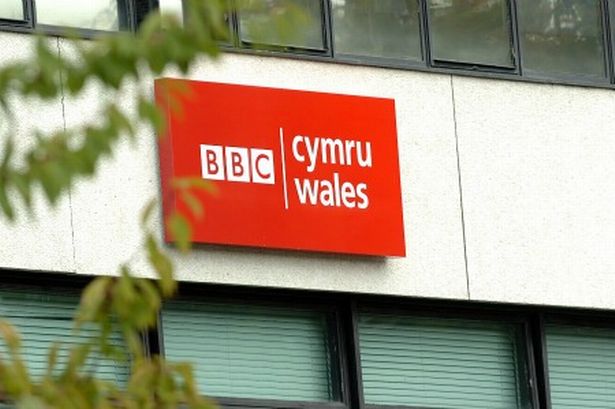Broadcasts in the Welsh language have been placed in ‘serious jeopardy’ recently as Wales was left out of a decision by the BBC to trim back on programming in the country. The move has received heavy criticism from all leaders in Wales, and it is this cross-party support which will be fighting back against the decision which was allegedly made ‘behind closed doors’ by the BBC and the British Government.
Carwyn Jones, Kirsty Williams and Leanne Wood have all pledged to raise the issue in front of the Welsh National Assembly in the coming weeks, demanding that the Welsh people and their representatives have a fair chance to be ‘fully involved’ in the whole renewal process of the TV charter. Issuing a joint statement earlier this week, the trio put forward the fact that BBC Wales as a whole (radio and television combined) has undergone a real-term cut of over 30% in the past 8 years since 2007. In addition to this, one of the most iconic Welsh broadcasters S4C has also received a large drop in funding in the past 5 years alone, around 36%. The leaders called the deal ‘alarming and undemocratic’, and are currently in discussions with the broadcaster and local MPs about the issue.
John Whittingdale, the UK Culture Secretary, has weighed into the debate and caused more controversy by declaring that it is ‘reasonable’ for S4C to cut their spending in line with those of the BBC, as tough times are affecting everyone the same. The point was also raised that cuts are needed across the board, including BBC Wales, to fund the new plans to provide all over 75s in the country with a free TV licence. As S4C is funded primarily through the larger family of BBC, any cuts made are no doubt going to fall on them which would leave the Welsh language programming in disarray.
As if these cuts weren’t bad enough, the BBC has been making statements in the past few months about the fact that they intend to implement a strategy of specific job cuts and allowance caps to line up with an expected £150m deficit in funding during the next financial year. With BBC Wales, or BBC Cymru as it’s known in Wales, already seeing a 30% cut in the past few years it is saddening to see that, except from the regular sports and news seen on the channel, only around one hour per week is given over to programmes in English that are made in the county, and for the residents of Wales.
Highlighting the importance of S4C as ‘more than a channel’, those speaking out against the move state that the channel was only established after a long and hard-fought battle with those in power who didn’t believe people wanted Welsh programming. The fact that the BBC had come to the final decision without consulting the relevant Welsh boards has been deemed ‘unforgiveable’, as the S4C channel is the only channel on the planet which broadcasts exclusively in Welsh; it is even picked up by thousands of Welsh expats living globally.
The main call now is for there to be a ‘funding formula’ so that no channel in particular is singled out for funding cuts when the need arises, instead spreading the cuts across channels in terms of programming times and filming budgets. Those against the move are calling for a return to the 2009 level of funding which saw the channel increase in popularity with many new shows for its Welsh audience.


